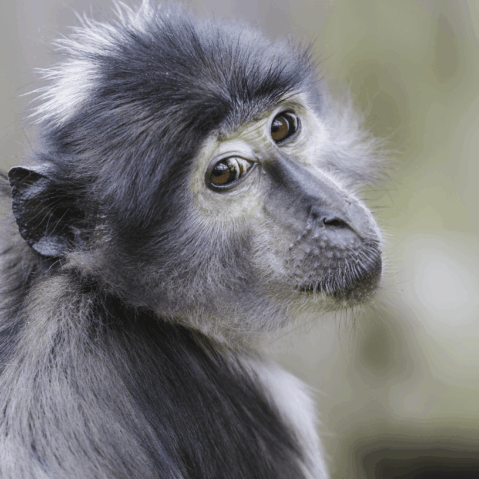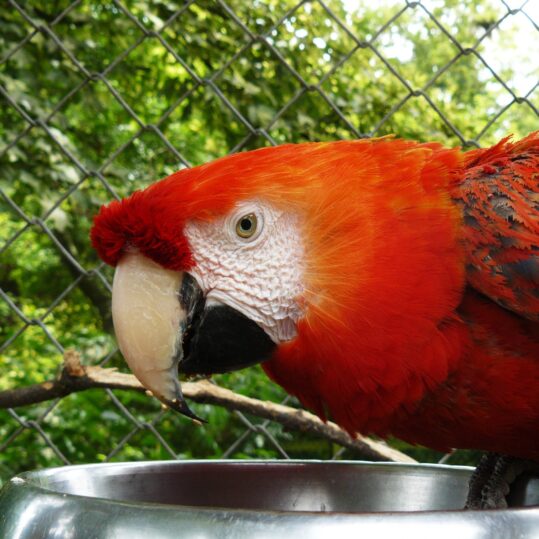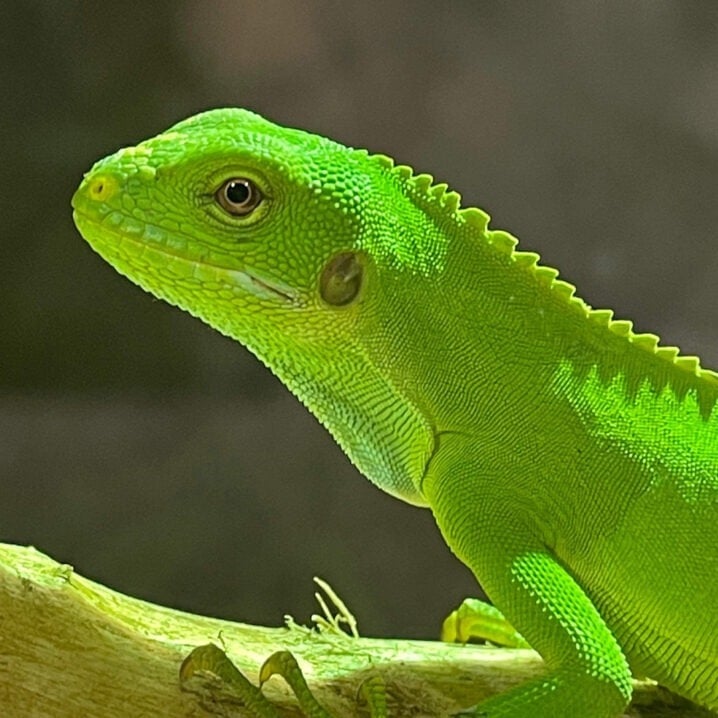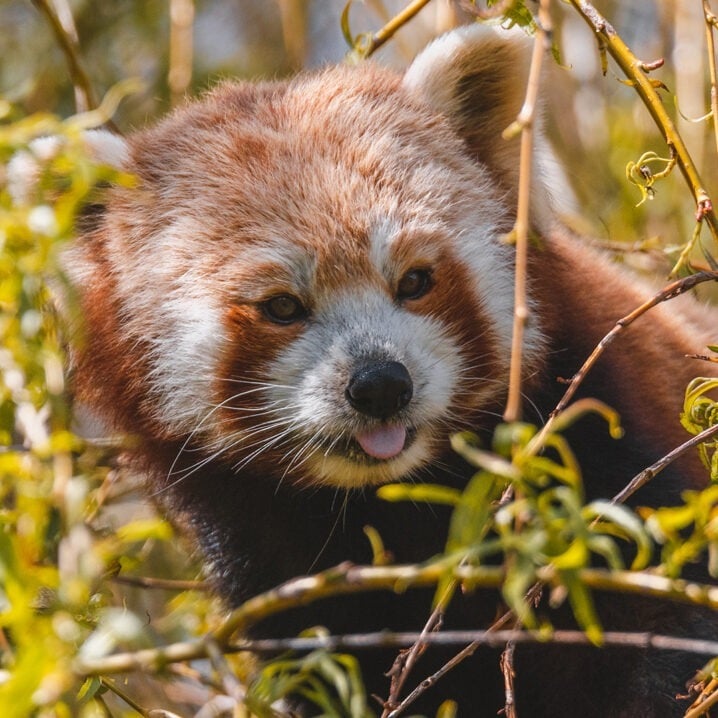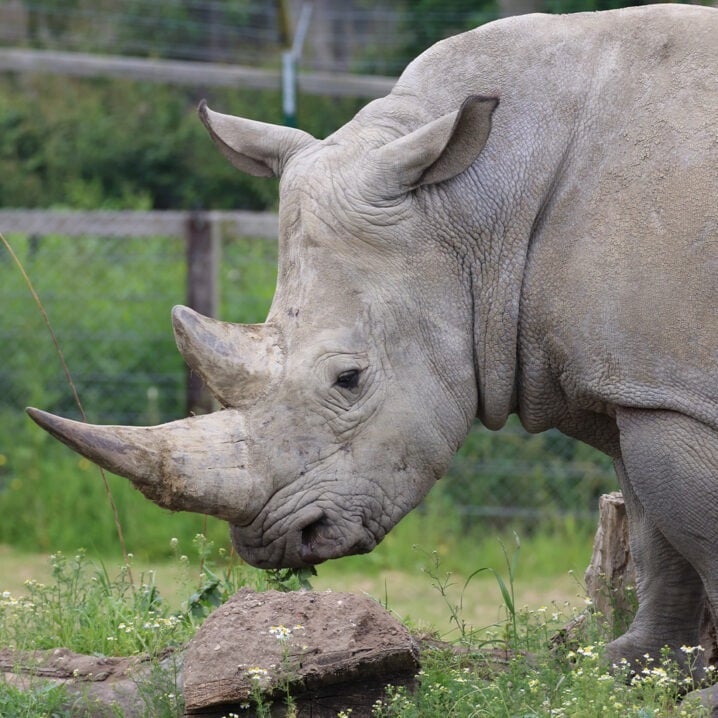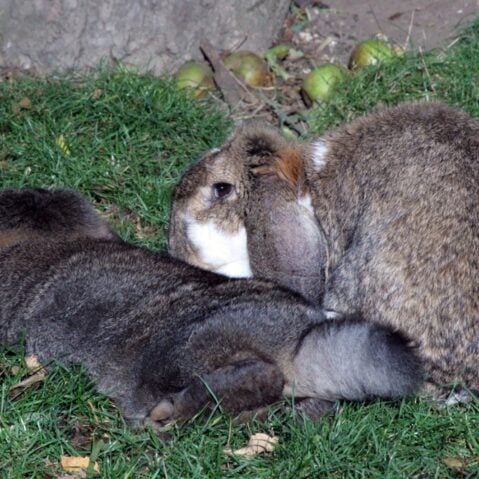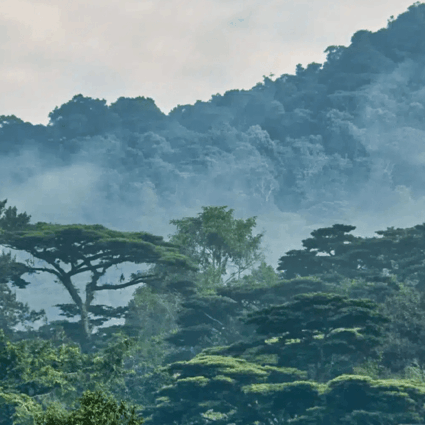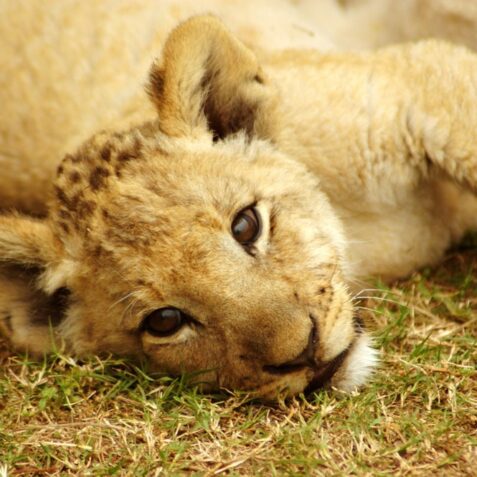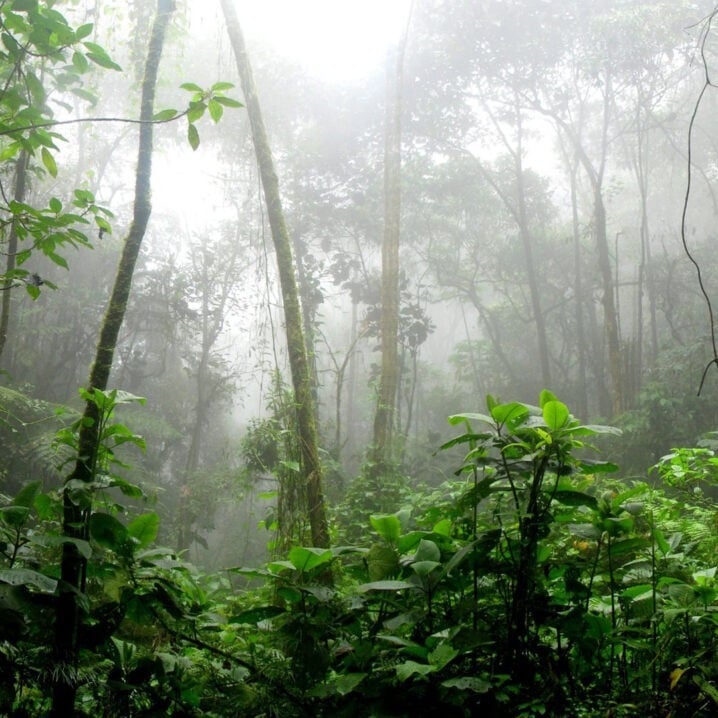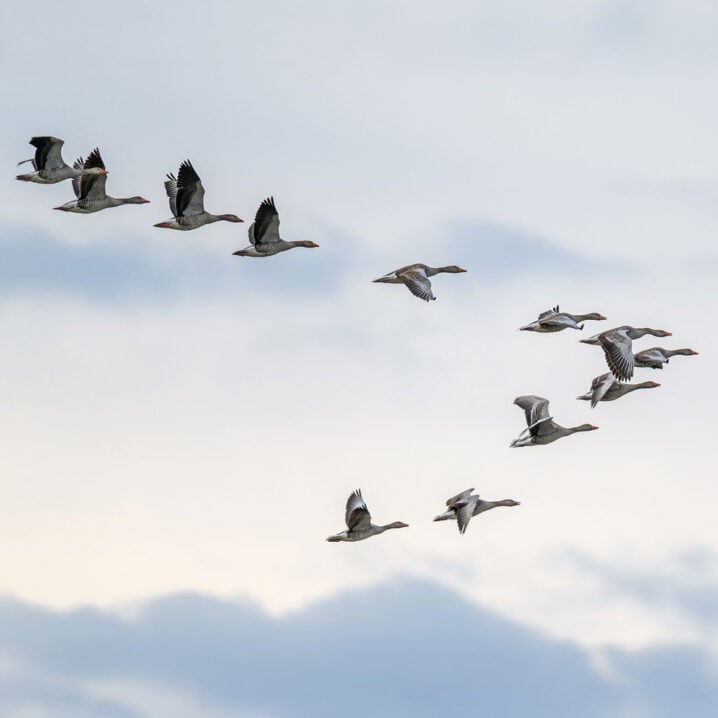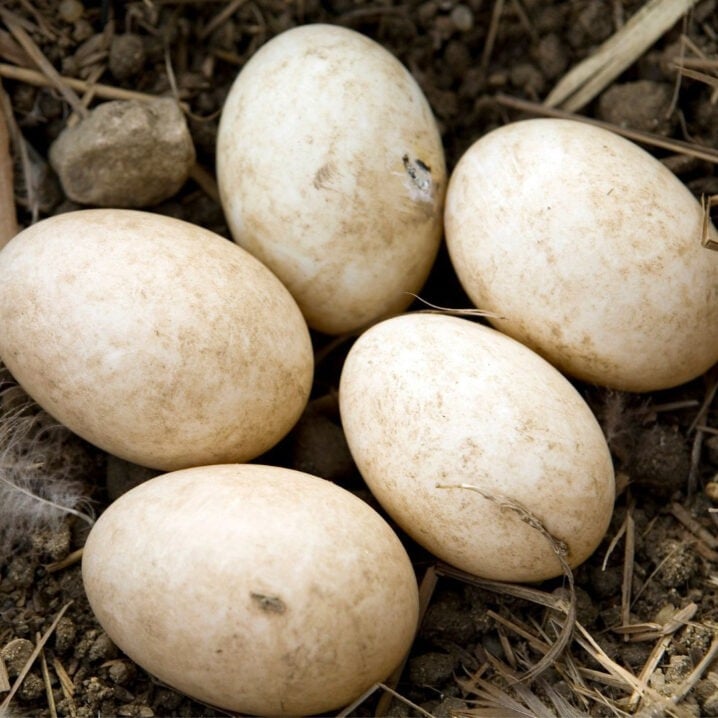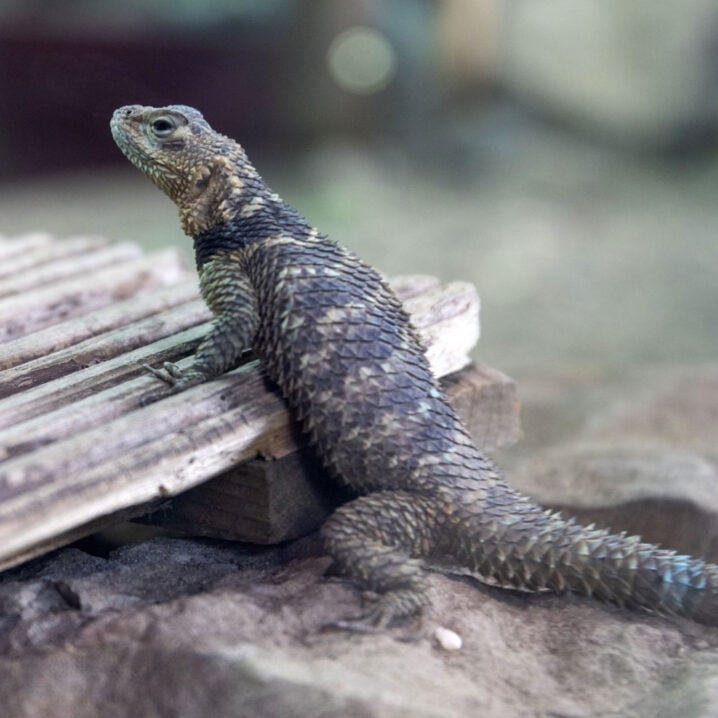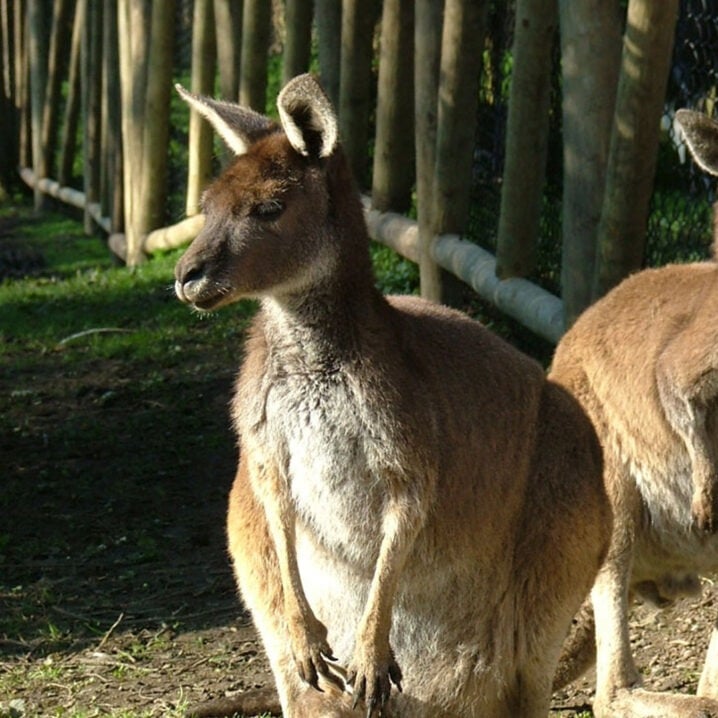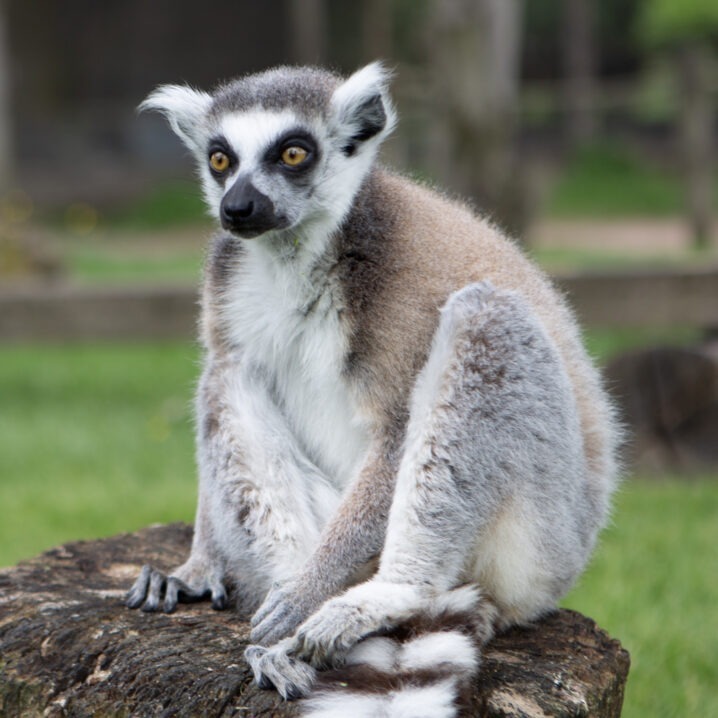Zoo Events Guide
Zoo Events Guide
Keep up to date with the latest events from our Zoo and Conservation Team.
Please select an event from our Zoo Events Calendar to find out more information.

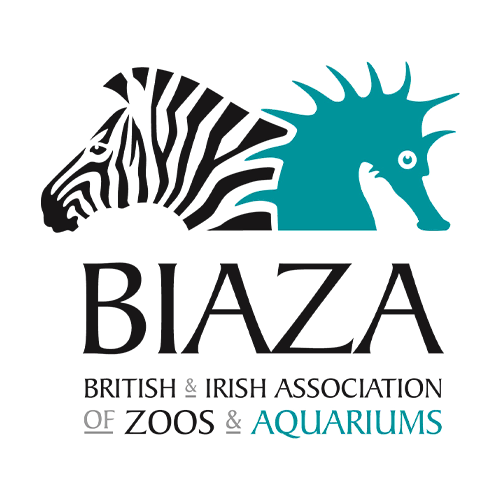
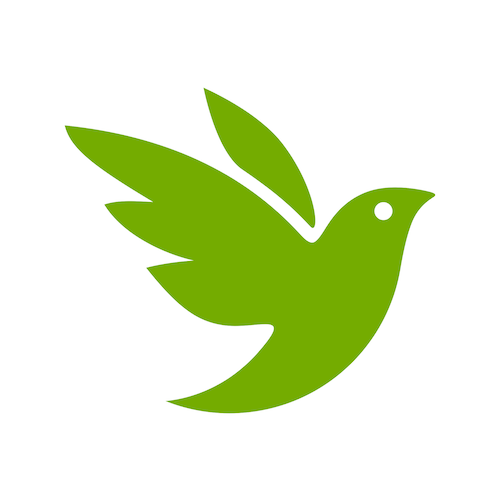
Summer Bioblitz!
by Biaza Spotted On Site
Help us find and identify as many species of plants, animals and fungi as possible! Explore nature, learn about biodiversity and contribute to scientific data! Only species spotted onsite are counted so make sure you mark the location you find them!
Download the ‘iNaturalist’ app to take part.


International Primate Day
Every year on September 1st we celebrate International Primate Day, a day dedicated to promoting the protection and awareness of primates both out in the wild and in captivity. Primates often play vital roles in their ecosystems, but due to threats like habitat loss, hunting, and the illegal pet trade, many species of primates are declining in numbers.
At our zoo, we have a variety of different species of primate, found around the world.
Keep your eyes peeled to see if you can spot all of our species on site.
Join us to celebrate everything that makes our primates so great, and learn more about this amazing group of animals!
Times:
12:00 – 16:00 Primate Day activities, including games, quizzes and enrichment building (Make some dinner for our lemurs and baboons)!
12:30 & 14:30 Baboon Talk & Feed (The 14:30 feed will be using the enrichment you all have made)
15:30 Special Lemur Talk & Feed
World Amazon Day
The Amazon rainforest is the world’s largest and most biodiverse tropical rainforest. It is home to around 10% of all known species on our planet, and is home to the largest river system in the world. Unfortunately, this amazing ecosystem is under threat due to deforestation, and many of these species are now in danger.
Approximately 20% of the Amazon rainforest has been lost to deforestation, the majority of which has been lost in just the last 50 years. This is mainly done to make room for agricultural land, mining, logging, and urban development.
We have a whole host of animals here at Flamingo Land that are found in the Amazon Rainforest, can you find them all on your visit?
World Amazon day is celebrated on the 5th of September every year, and if you find all of our awesome Amazonian species and complete our trail this weekend, come to the lemur walkthrough by 4pm to claim your badge!
National Iguana Awareness Day
The 8th of September is National Iguana Awareness Day, so come celebrate everything that makes iguanas so amazing and unique! There are over 40 species of iguana in the world, and other than a single genus found in Fiji, they are all only found in North and South America.
Unfortunately due to habitat loss, the illegal pet trade, and the introduction of invasive species such as cats and rats, 69% of all iguana species are threatened with extinction, so it is vital that we spread awareness about the threats they face and what we can do to help these unique lizards.
Here at Flamingo Land our Lau banded iguanas are part of a captive breeding program, and we are currently incubating their eggs onsite! The eggs can take up to 6 months in order to hatch, so we’re having to wait a while before we have baby iguanas running about!
Join us in our reptile river from 14:00-16:00 to learn more about our iguana from one of our zoo rangers, and see if you can catch a glimpse of this elusive species!
International Red Panda Day
Come and see if you can spot our most elusive residents as we celebrate International Red Panda Day! These shy arboreal animals spend most of their days sleeping high up in the trees so finding them takes grit, determination and a fair bit of luck, but they are definitely worth the effort.
Red pandas are the only living member of their family, but are closely related to animals like weasels and skunks. They’re not at all related to the giant panda, a type of bear, the name panda is actually derived from a nepalese term meaning “eater of bamboo” because that’s both animals’ favourite food!
Unfortunately red pandas are now considered an endangered species, as habitat loss and the illegal pet trade threaten their wild populations, but all is not lost – zoos like Flamingo Land are part of breeding programs to protect this species from extinction, and ours have had 4 kits in their time here!
Come down to our red panda talk and feed at 13:45 for the best chance to spot this stunning species on the move, and see if you can spot the red pandas hidden around the park – if you find one, take a photo, and share it with #flamingolandresort!
World Rhino Day
We are celebrating World Rhino Day a day early this year, because it’s never too soon to learn more about these incredible animals, and what we can do to protect them.
These gentle giants are sometimes mislabeled as aggressive, when they are actually just defensive when startled due to their terrible eyesight and sensitive hearing.
Rhinos are one the third most poached animals, behind Pangolins and Elephants, due to their impressive horns. In many traditional medicines, it is believed that they can cure various illnesses and cancers, but there is no scientific evidence to support this; they are made of keratin, the same material as fingernails and hair!
We are proud to be a part of active rhino conservation out in the wild. One of our previous black rhinos, Ol Moti, was released in Rwanda back in 2019, and last year was spotted with a calf of her own! Projects like this have helped grow wild black rhino numbers from around 2,500 in the 90s to almost 6,500 now!
There are 5 species of rhino found around the world; black, white, Indian, Sumatran and Javan rhinos. Here at Flamingo land we have 2 male white rhinos called Bruce (10) and Mabaso (11) and 3 black rhinos called Samira (24), Glyndwr (5), and Jabali (3).
What’s on:
Rhino Enrichment: Find out what our white rhino’s favourite smells are as we hide a variety of scents around their enclosure.
12:45 Black Rhino Talk
14:00 – 16:00 Rhino artefacts and activities table
International Rabbit Day
Hop over to Flamingo Land for the day and celebrate International Rabbit Day with us! Rabbits may not be the most exotic animals in the zoo, but there are almost 30 different species found worldwide, and over 300 different breeds of domestic rabbit!
This day shines the light on the welfare and conservation of both wild and captive rabbits, making sure they are being properly cared for around the world!
Keep an eye out for our two rabbits, Whiskey and Raddish, in their shared enclosures with our turkeys and chickens.
14:00 – 16:00 Easter in September?! Come celebrate rabbit day with some egg painting!
11:40 & 15:40 Peter Rabbit Meet & Greet
12:00 & 14:15 Peter Rabbit Show (£5 per child)
Environmental Health Day
World Environmental Health Day is held on 26th of September every year to raise awareness about protecting our world’s various environments, and how that can benefit our wellbeing.
Issues like plastic pollution, air pollution, climate change and habitat loss don’t only affect the animals living in these environments, many of these negatively affect us too. Microplastics ending up in our food can slowly poison us, air pollution can cause breathing issues and cause issues in our food supply, and climate change can cause dangerous wildfires and change water availability. We are much more closely connected to our planet’s ecosystems than you might think.
This world environment day, make sure to pick up your litter, recycle everything you can, and pay attention to the benefits that a healthy environment allows you to enjoy!
14:30 A special talk all about our Udzungwa forest project based in Tanzania, at our Magombera Monkey Forest enclosure. This will be on Friday 26th – Sunday 28th.
World Animal Day & World Zookeeper Day
Today is a double whammy – let’s celebrate the animals we have here at the zoo, and the zookeepers here at Flamingo Land that work tirelessly to give them the best life possible!
We have over 100 different species here at Flamingo Land, some of which are endangered or Critically endangered in the wild. Thanks to efforts from zoos such as us, many of these animals have a second chance at survival. A great example of this would be our scimitar-horned oryx, an antelope species that was classified as extinct in the wild 25 years ago. Thanks to animal releases by zoos they have now been reintroduced to 4 countries in Africa and their wild numbers have risen above 1300!
Zookeepers are vital for the success of projects such as this. Our dedicated team here are constantly striving to give our animals the best lives possible. They love finding ways to get our animals to exhibit their natural behaviours, whether that is hiding their dinner to encourage them to forage, building climbing frames for them to explore, or giving them warm dens so they can feel comfortable and safe.
Keep an eye out in the zoo, and you’ll find some posters celebrating the keepers we have here on site, and the wonderful work they do!
Can’t get enough of our animals? Missed our animal talks earlier in the day? Join us for one of our special World Animal Day tours!
14:30 – 15:00 Rainforest Treetops Trail (starting at our Parrot Dome and ending at our Penguin Pool)
16:00 – 16:30 African Foot Safari (Starting at our Cheetah Viewing Area and ending at our Lions)
World Habitat Day
Originally established by the UN in 1985, world habitat day is for reflecting on the state of our settlements and homes, and the right every person has to adequate shelter. But as a zoo deeply committed to the conservation and welfare of animals, we see this day as an opportunity to highlight the other side of habitats; the importance of protecting the habitats of wildlife.
Habitats aren’t just where an animal lives; they are biodiverse ecosystems that are changing and adapting constantly. From tropical rainforests and coral reefs to arctic tundra and scorching deserts, these habitats are used to supply their residents with everything they need, like food and shelter. When habitats are damaged or lost, it’s these denizens that suffer the consequences.
The animals here at the zoo also have their own habitat: one made and managed by our keeping team here at Flamingo Land. Everything we do for our animals is to ensure they have the best lives possible.
This day is important as it reminds us that humans and animals are not separate from nature, we are a part of it, and protecting both our natural and manmade habitats is important for global wellbeing.
World Migratory Bird Day
Many of our birds in the zoo are migratory species, whether they are moving seasonally to breeding sites, or travelling to areas with better resources. Migrations are a major part of these birds’ lives, and they have evolved over thousands of years to be able to undertake these immense journeys.
Some of these well travelled avians have been migrating around the zoo! Take part in our day trail to find the secret word our birds are spelling out: each time you find one of our far flying birds at the wrong enclosure, go to the enclosure it’s supposed to be in, until you’ve collected all 6 letters! Once you’ve found them all, bring your completed word to the lemur walkthrough to get a badge.
World Egg Day
We hope you come and have an egg-scellent day here at Flamingo Land as we celebrate all of our egg laying animals.
From our emu to our iguana, we have dozens of different egg laying species here at the zoo, so see if you can spot them all on your day out. Egg day is usually to celebrate eggs as a food, but please don’t make any tortoise omlettes whilst you’re here! Eggs are the beginning of life for many of our animals, each a perfectly designed capsule to protect the first stages in an animal’s development.
Eggs are incredibly important for conservation and breeding efforts here at the zoo, and we’re currently having some endangered eggs being laid onsite; our Lau banded iguana pair are part of the European breeding program (EEP)!
14:00 – 16:00 Easter Again?! Decorate some eggs with us, and join in with some eggtivities at our Udzungwa Discovery Centre!
Reptile Awareness Day
This day of the year is all about reptiles, and the threats they are facing in the wild. 36% of all known reptile species are being sold in the exotic pet trade, and around half of these individuals are not bred in captivity, instead being taken from wild populations. Many lizards are also hunted for their skins, teeth and meat around the world.
We have a variety of different reptiles here at Flamingo Land spread out across the zoo, see if you can find each and everyone one of them on your next visit!
All Day Reptiles at Flamingo Land Trail
12:00 – 14:00 Reptile Faux Black Market Setup in our Udzungwa Discover Centre
14:00 – 16:00 Come chat to our Zoo Rangers at our Reptile River
15:30 A special reptile-focused Meet a Creature in our Udzungwa Discovery Centre
Some of these activities will also be held on Saturday 25th & Sunday 26th October.
World Kangaroo Day
Bounce on over to our Australian area to spot our resident long jumpers! Kangaroos are the largest individuals in the Macropod family, a group of marsupials that also include animals such as wallabies and quokka. The word macropod means “large foot”, a fitting name for a group of animals known for their strong hind legs and powerful hopping abilities.
Like all marsupials, the girls have pouches in which they raise their joeys, though most of our baby wallabies are too old for their pouches now and spend most of their time hopping around with mum and dad.
We have 2 species of Kangaroo, and 3 species of wallaby here at Flamingo Land. Learn more about them at the activities below:
14:00 – 14:45 Let’s see you Jump! Take part in our long jump competition outside the kangaroo enclosure, to see who can hop like a kangaroo!
14:45 A special kangaroo and wallaby talk inside our wallaby walkthrough.
World Lemur Day
Love Lemurs? Visit us on their special day, as we celebrate this diverse group of Madagascan mammals. A distinct group of primates, lemurs make up around ¼ of all known primate species, despite being found on just one island. Unfortunately of the 112 species found there, 96% are at risk of extinction!
One of the main reasons so many lemurs are threatened is deforestation in Madagascar. Around 90% of the rainforest there has been destroyed due to agriculture, logging and urban development. Add to this threats from the illegal pet trade, and the introduction of invasive species such as cats and dogs, and it’s clear to see why this amazing group of prosimians aren’t doing great in the wild.
We currently have 3 different species of lemur here at Flamingo Land, all viewable in our lemur walkthrough, open from 11:00-16:00 every day.
14:00 – 15:00 Lemur enrichment making
15:30 A special lemur day talk and feed in our lemur walkthrough.
Flamingo Land Resort is not responsible for the content, accuracy, or availability of external websites / apps linked from our platform.
The inclusion of any link does not imply endorsement by Flamingo Land. Users accessing external sites and apps, do so at their own risk.

